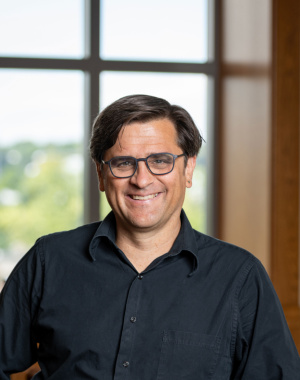**This course can be taken either as a continuation of Professor Thacher’s section of 586 in the first half of the semester, or as a stand-alone half semester course.**
As a matter of constitutional design, authority over public organizations in the U.S. is fragmented: Public managers must negotiate with and learn from a wide variety of outside stakeholders with whom they share authority—courts, elected officials, community groups, inspector generals, unions, private sector organizations, and many others. In some contexts, those outside actors have as much or more influence on the work that public organizations do than the people who are officially responsible for managing them.
This course will explore this important aspect of public management by considering the case of police reform. We will consider the role of courts as agents of police reform, including the role that federal and state governments sometimes play in catalyzing legal intervention in local policing. We will consider various forms of community oversight over policing, including citizen complaint review, police auditors, and neighborhood police meetings. We will consider the role of police unions and police professional associations in contemporary policing, including their role in disciplinary proceedings and in organizational change. And we will consider the role that private sector organizations play in contemporary policing, including the relationship between police and private security and the surprisingly large influence that private insurers have on policing practices.
Although class readings will focus primarily on contemporary policing in the United States, the goal of the course is to use the policing case to explore the general phenomenon of the external control of public organizations. In class discussions and in written assignments, students will have the opportunity to consider how the ideas and practices we have encountered in policing might apply to a wide range of human service organizations, such as child protection agencies, schools, social service providers, and public housing authorities.
